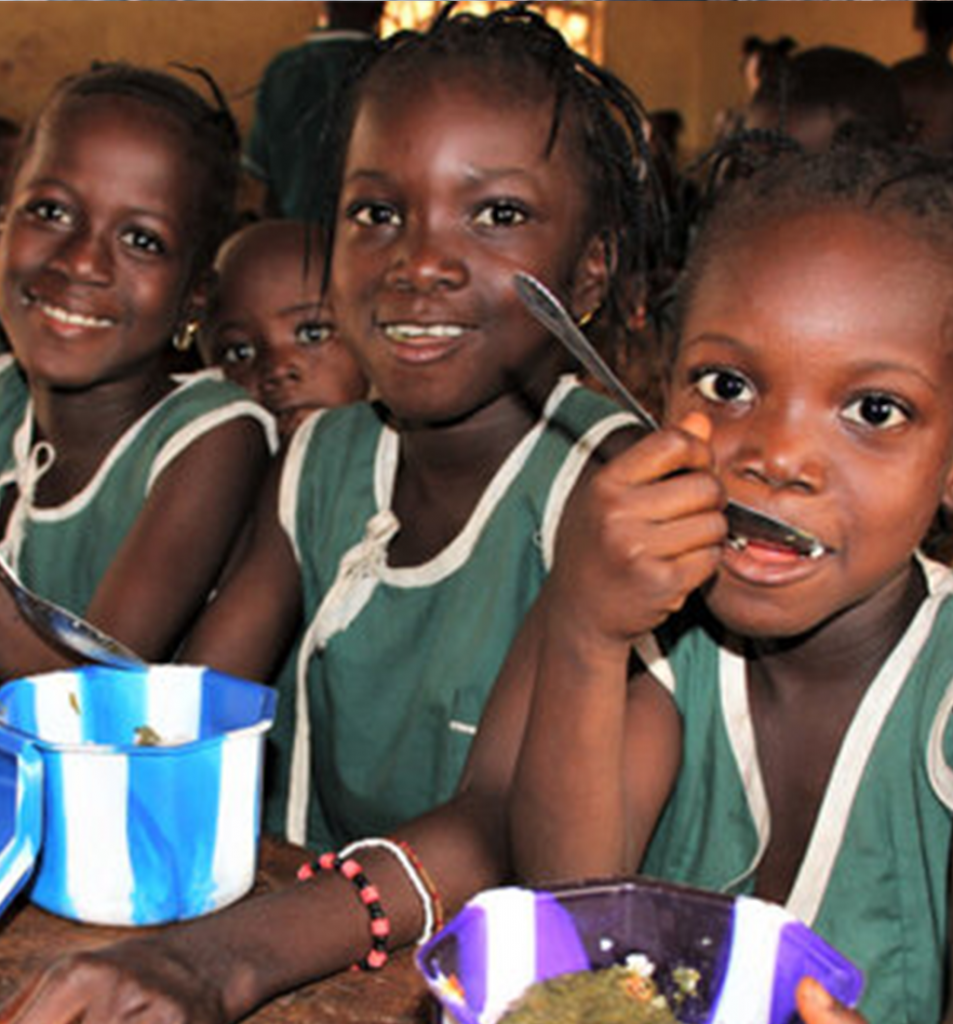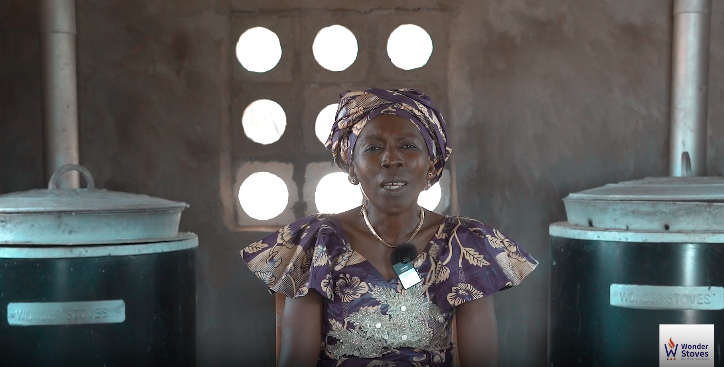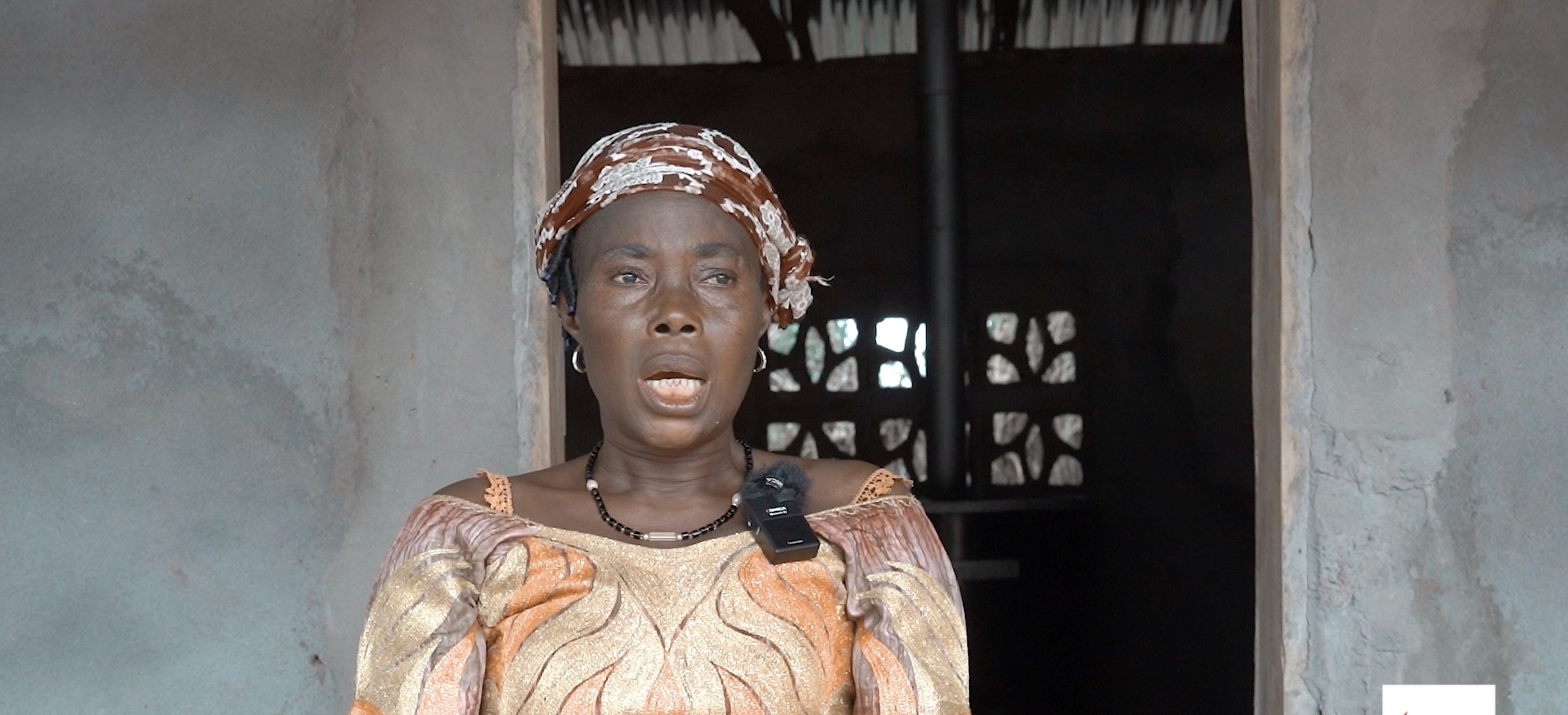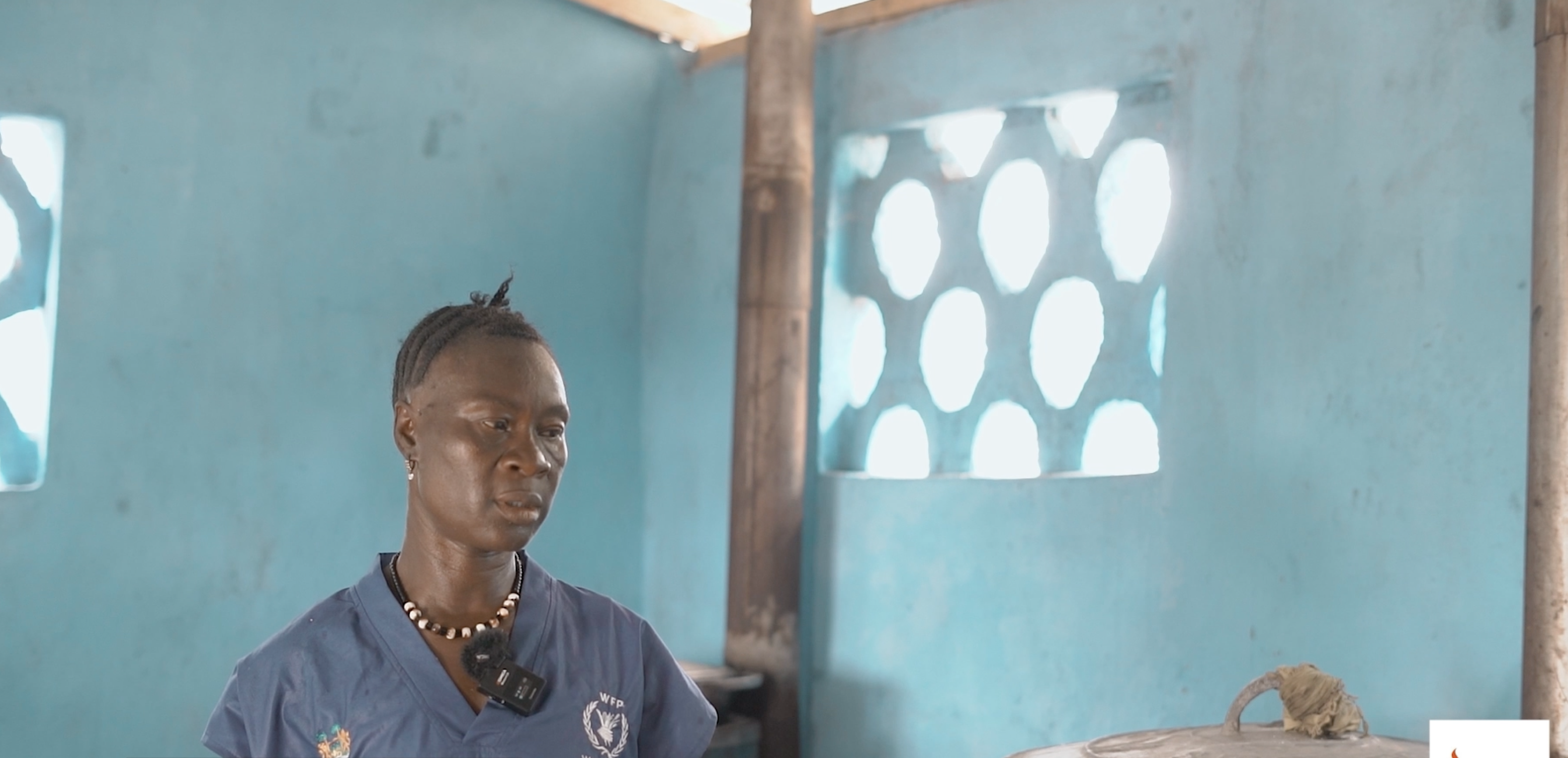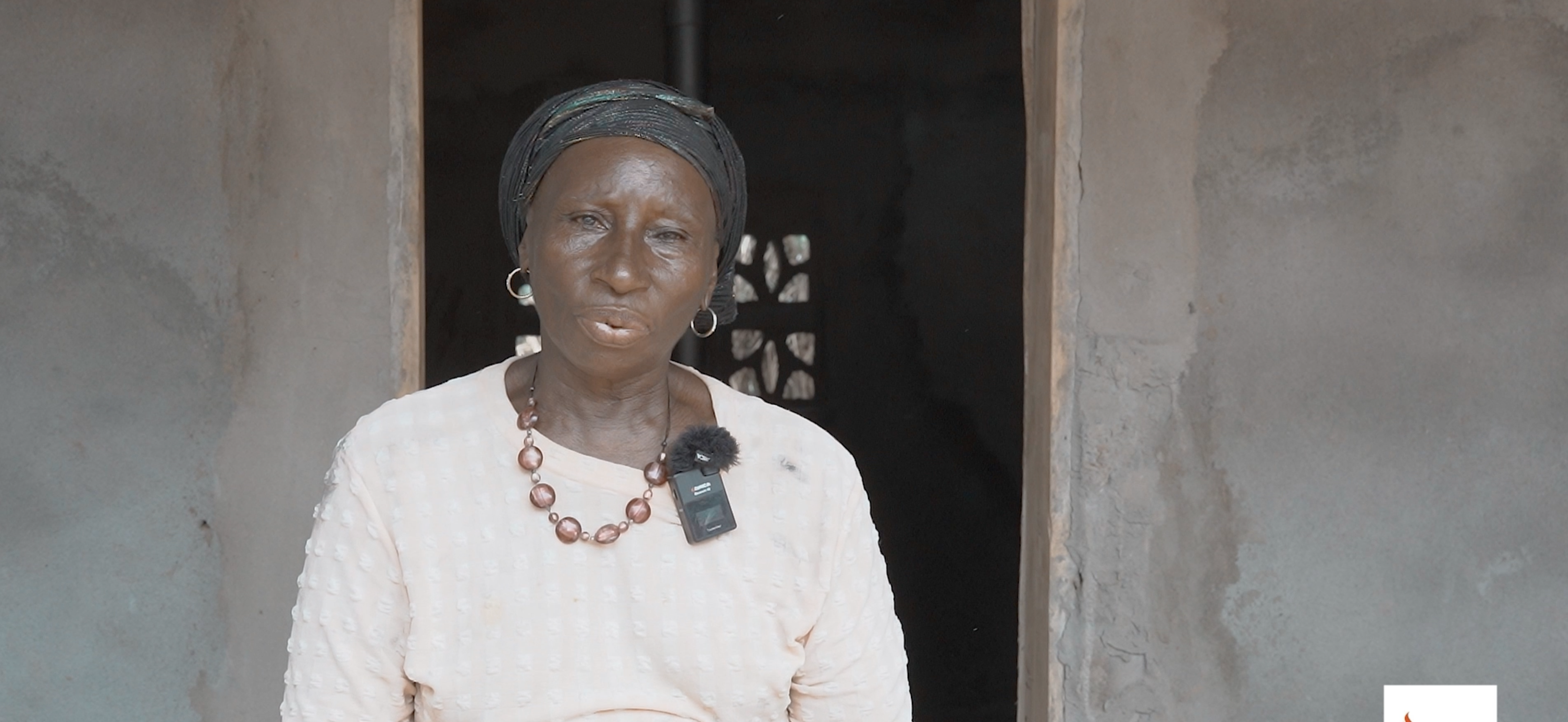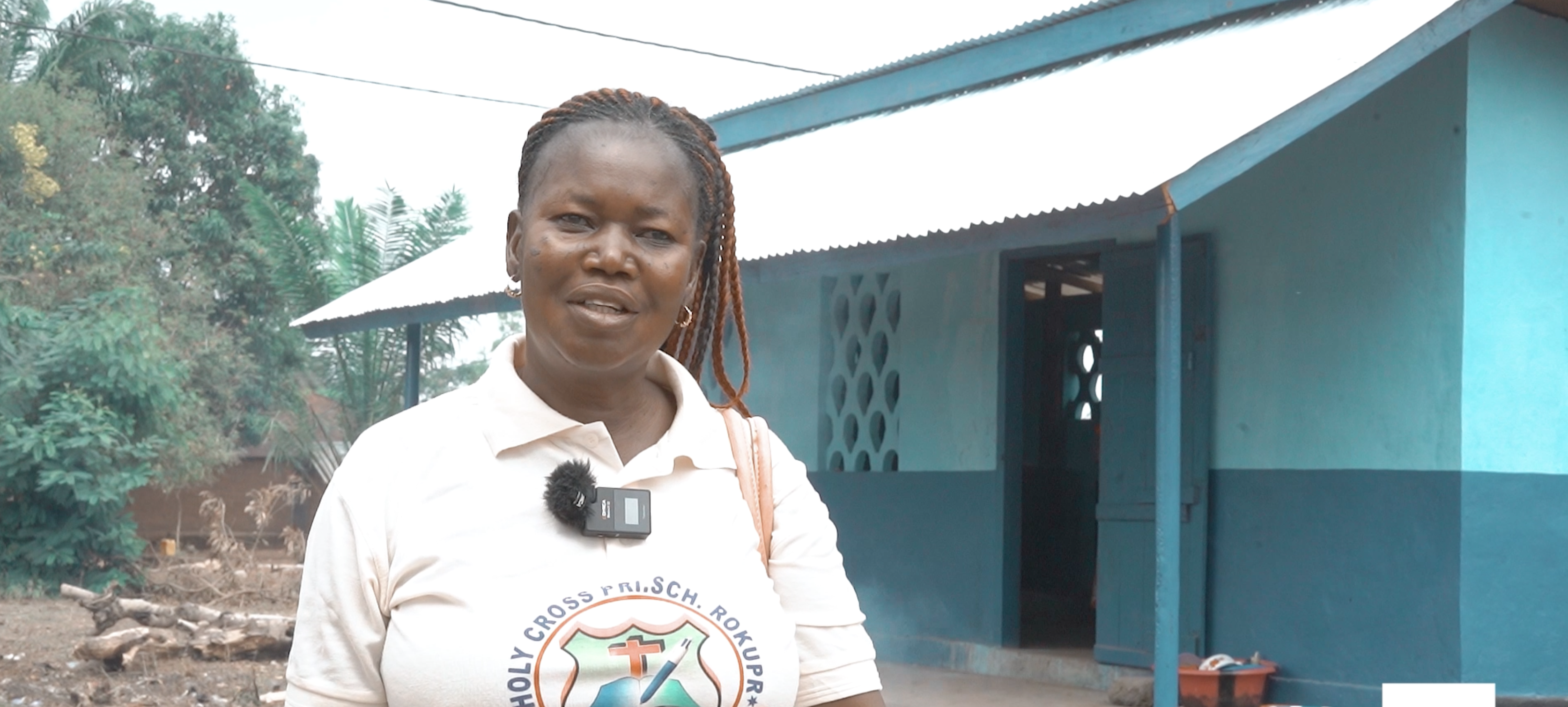
Institutional
Institutional
Transforming School Feeding Programs in Sierra Leone
At the heart of Sierra Leone’s school feeding program, serving 800,000 children lies a challenge: traditional stoves that are inefficient, produce excessive smoke, and have adverse effects on the environment, climate, and human health. Recognizing the critical role of school feeding programs in encouraging attendance, a 2022 World Food Programme survey revealed that, on average, one Sierra Leonean school consumed 60 kilograms of firewood daily using traditional three-stone stoves.
To address these issues, we have forged a partnership with Burn Design Lab (BDL), leveraging their expertise to enhance the efficiency, durability, manufacturability, and affordability of our institutional stoves. This collaborative effort also involves the establishment of a production system to significantly increase our manufacturing capacity from 50 to an impressive 500 stoves per month.
This transformative initiative is in line with the World Food Programme’s vision. The adoption of cleaner institutional cookstoves not only positively impacts the health and education of children but also improves working conditions for school cooks. The far-reaching effects extend to the creation of more resilient communities, the promotion of gender equality, and the support of national economies and social stability.
Per Annum - Institutional Stoves Data
With the generous support of our partners, we have now rolled out our institutional stoves to over 60 schools in Sierra Leone. This expansion has made a significant impact, positively influencing the lives of over 35,000 staff and children.
68
Schools & Institutions
141
Stoves
Distributed
35K
Beneficiaries Impacted
260K
Firewood Fuel savings (KGs)
460K
CO2 savings (Tonnes)
WFP Partnership
In 2021, a collaboration was established between the World Food Programme and GIZ/Energising Development (EnDev) to implement a pilot project aimed at promoting the adoption and utilisation of Institutional Cookstoves (ICS), primarily focused on evaluating fuel consumption disparities and cost-saving benefits, supporting WFP’s goal of introducing energy-efficient cookstove in over 1000 schools in Sierra Leone.
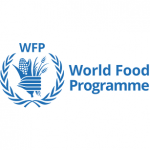
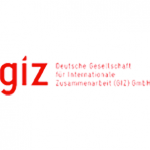



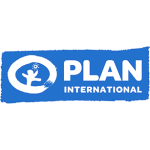
Hear firsthand testimonials from those who have benefited from our institutional stoves, and learn about the ongoing need for support to extend these positive impacts to even more individuals and communities.
Testimonials
Get Your Institutional Stove
Safeguard your institutional kitchen from the harmful dangers of traditional cooking methods, especially for large quantities of people. Our state-of-the-art stoves are meticulously designed for large-scale cooking, providing unparalleled efficiency and reliability. Crafted with precision and incorporating the latest technology, these stoves are ideal for schools, community centers, and organizations seeking to protect their communities from the health risks associated with traditional cooking. Elevate your safety standards and make a positive impact on the environment with our innovative institutional stoves.
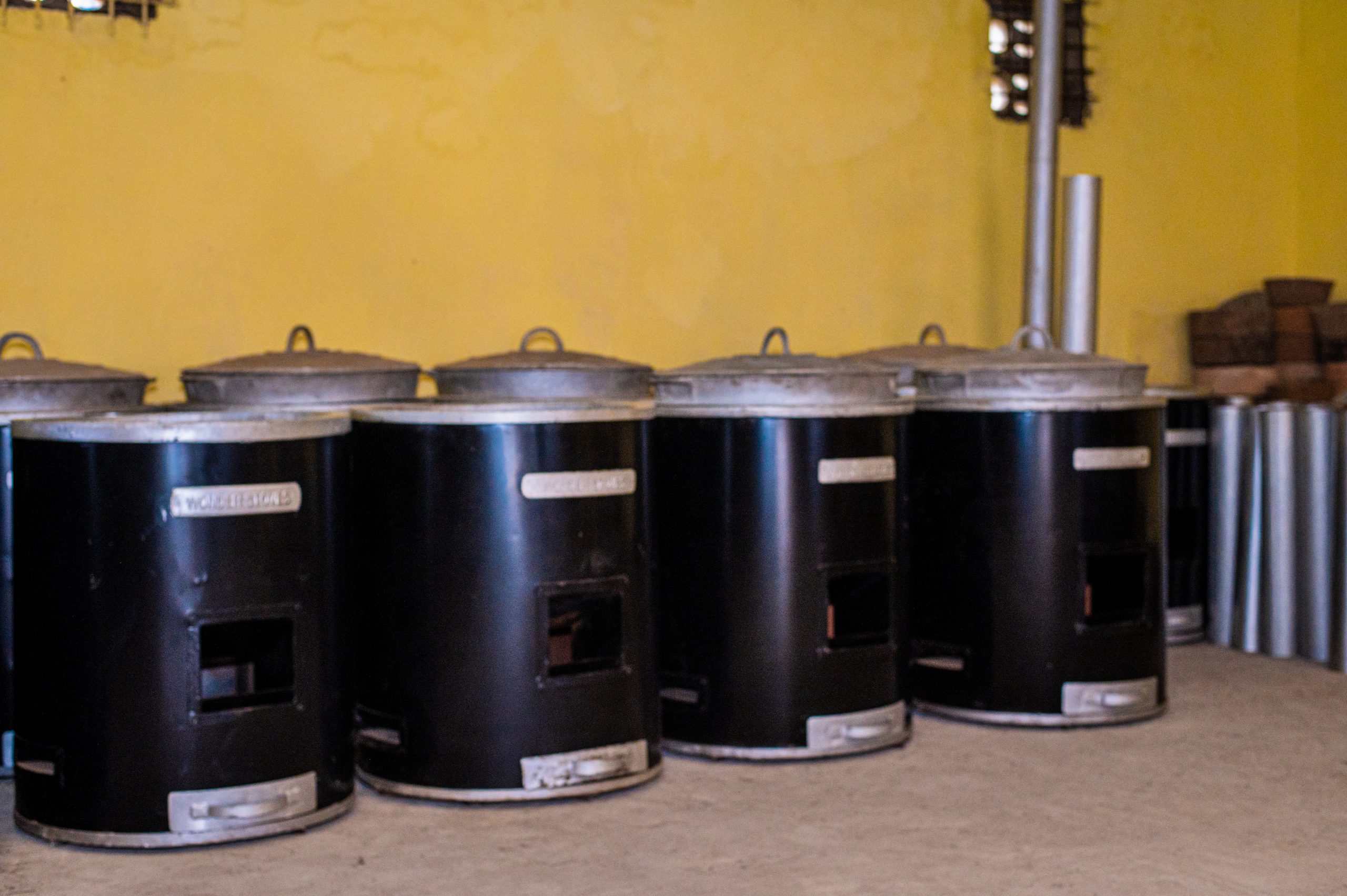
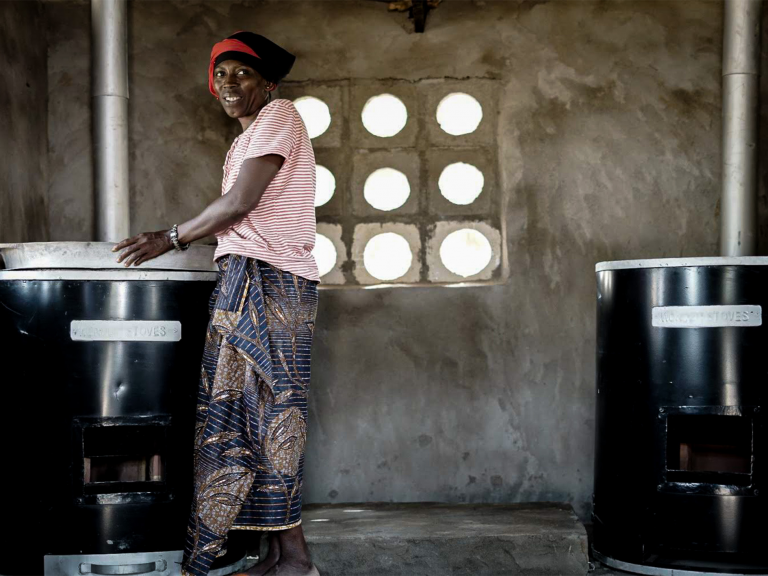
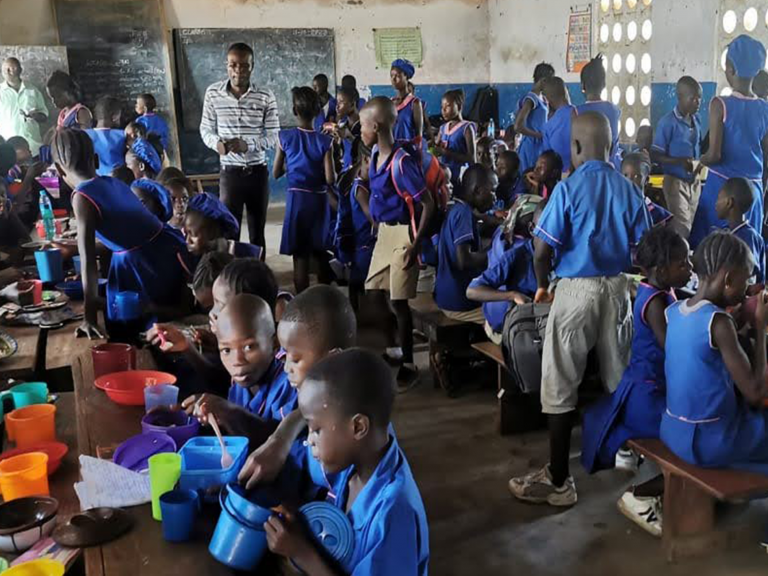
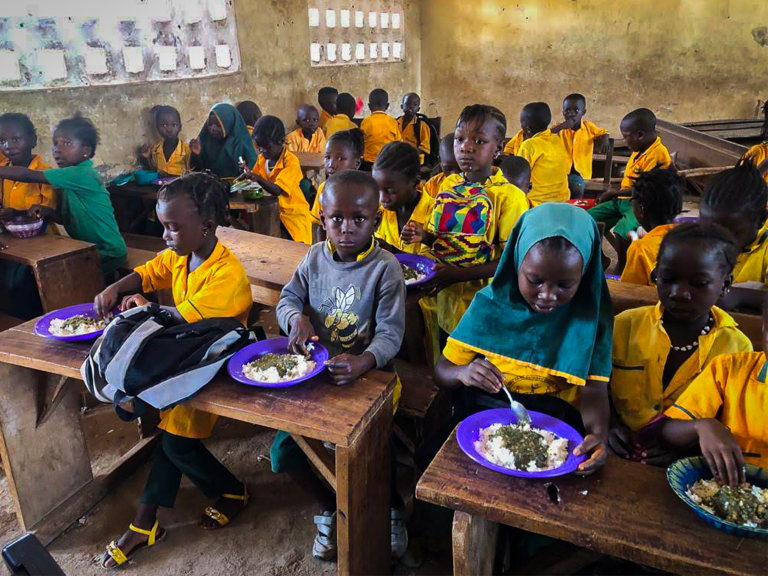
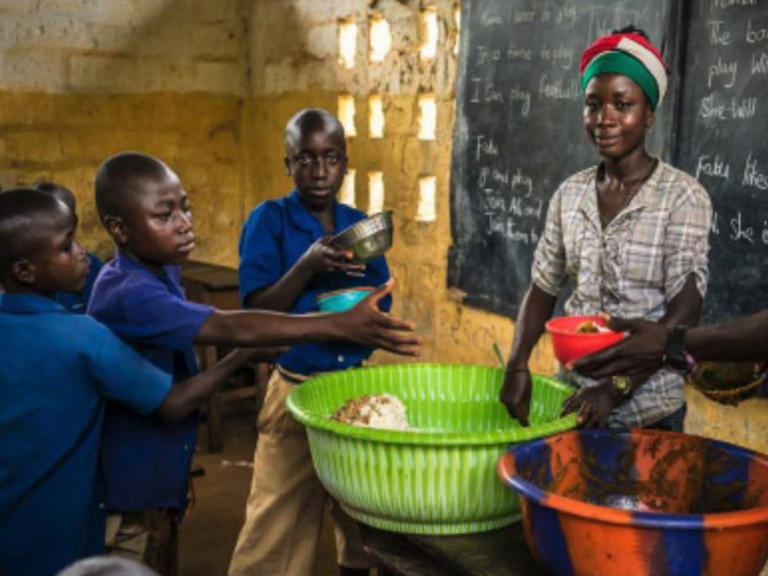
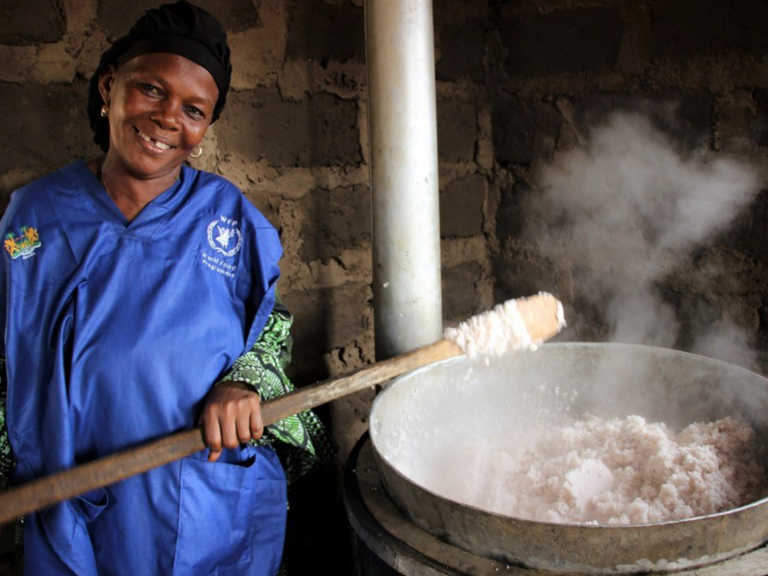
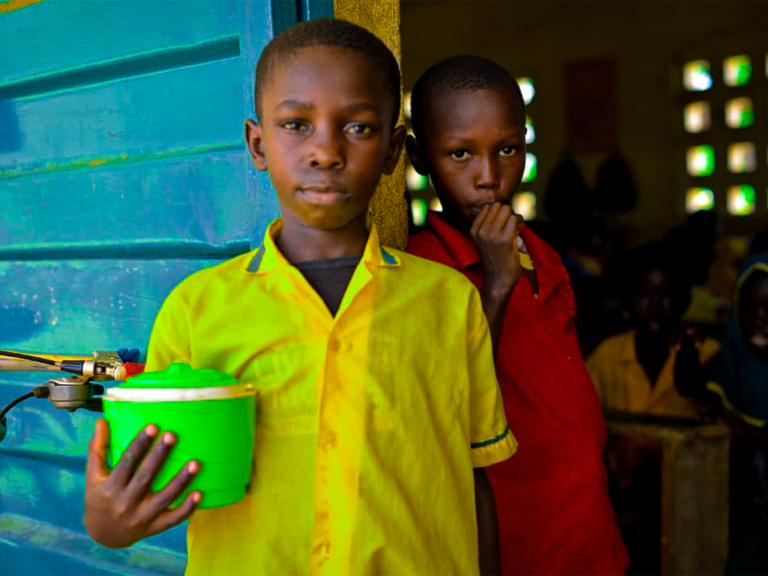
Our Story
Explore our journey and uncover the backstory behind the creation of our most innovative stove in West Africa.
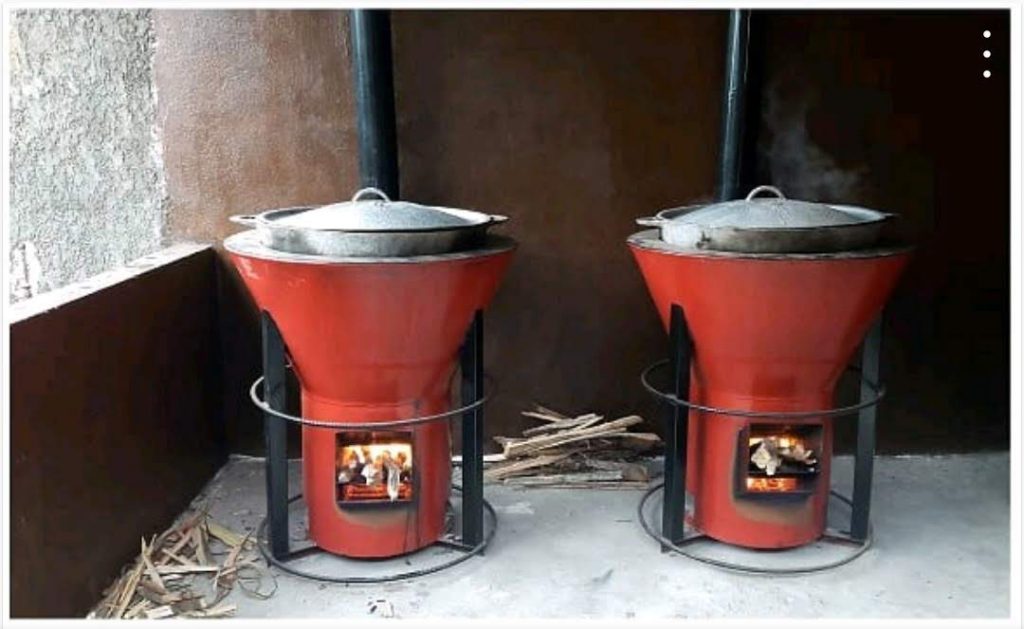
In 2015, our quest to transform large-scale cooking took us to various institutions, revealing the prevalent use of inefficient open fires, causing health issues for cooks. Committed to a solution, we designed the first prototype of our energy-efficient biomass cookstoves in 2016.
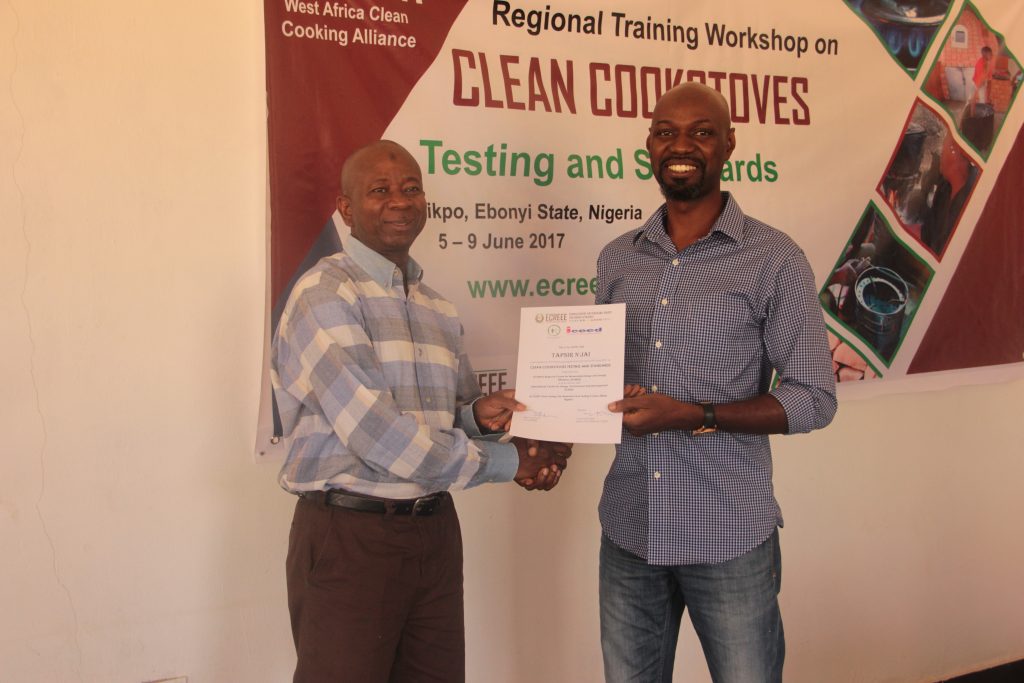
Special thanks are extended to the West African Clean Cooking Alliance (WACCA) and the ECOWAS Centre for Renewable Energy and Energy Efficiency (ECREEE) for their invaluable support. Their funding paved the way for the project's inception and initial rollout, turning our vision into reality.
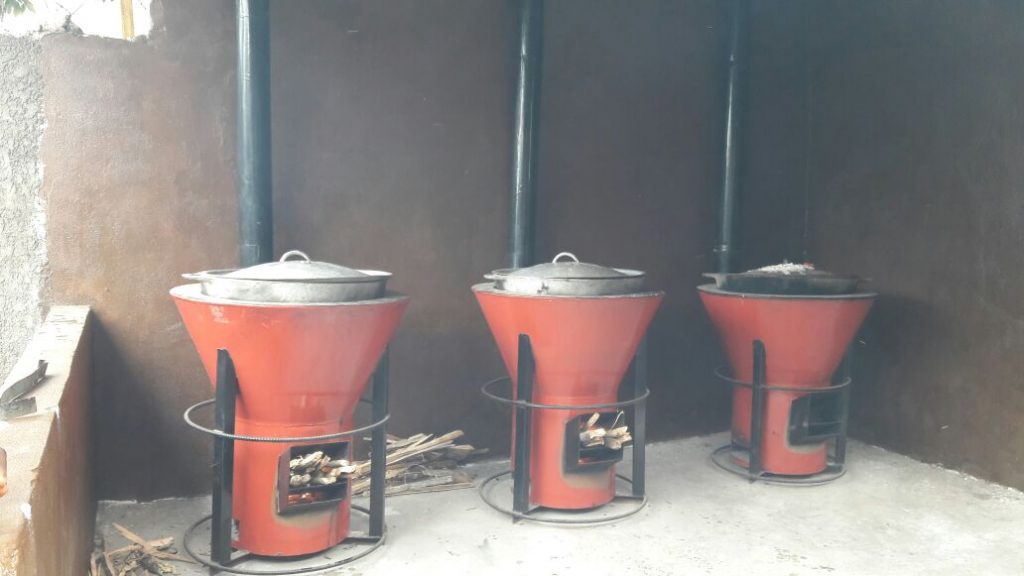
The first pilot installation, featuring three stoves in an urban school kitchen serving 500 students daily, yielded remarkable impacts. Over two years, the recorded savings amounted to $6000 in fuel costs, conserving 27.4 tonnes of wood. Notably, there was a 75% reduction in fuel usage and an impressive 90% decrease in smoke.
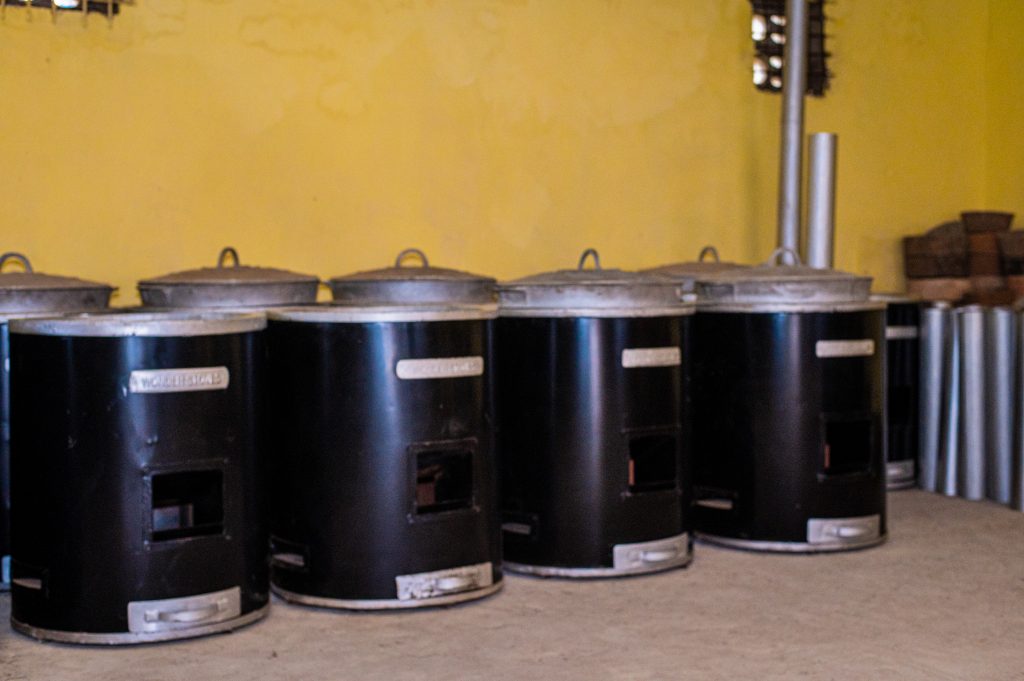
The pilot provided us with valuable insights, leading to the re-engineering and further development of an even better institutional cookstove model that is more durable, portable, has replaceable parts, and boasts a thermal efficiency of 44%.
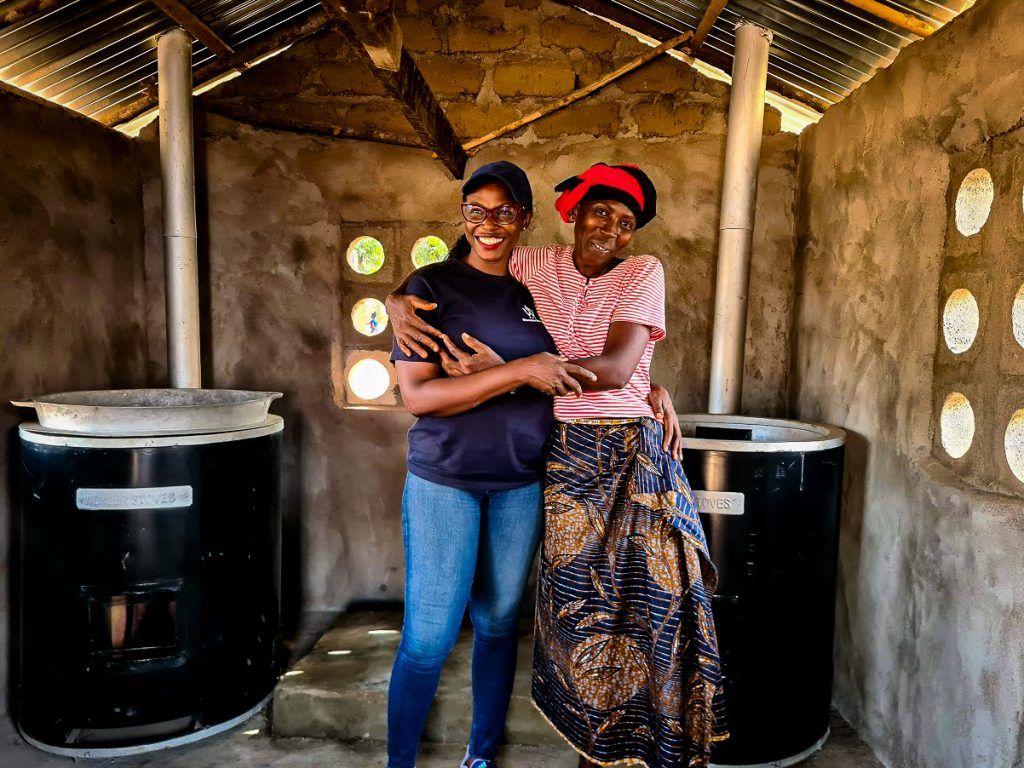
The modified Improved Institutional Cookstoves (IICS) are now installed in over 40 school kitchens in Kambia District (North) and Pujehun District (South) of Sierra Leone as part of World Food Programme's Home Grown School Feeding Programme.

We are exceptionally thrilled with our partnership with Burn Design Lab to advance our existing technology to achieve cleaner and higher-efficiency cookstoves and to increase our production capacity.

